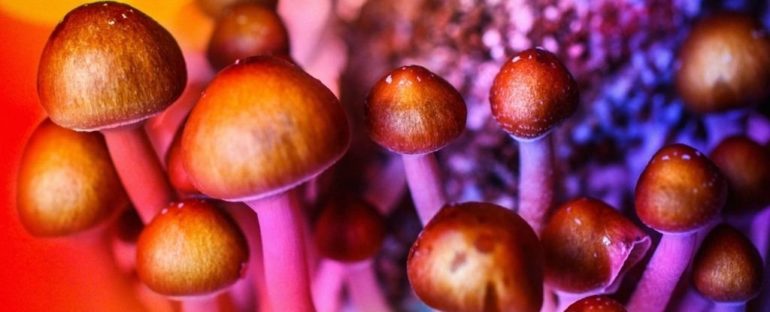In recent years, a promising and exciting research avenue has been the potential of psychedelics to provide some unexpected health benefits. Now, researchers might have a new lead in the cardiovascular department.
In recent years, magic mushrooms have been deemed a ‘breakthrough therapy’ for treating depression, LSD has emerged as a possible new way to reduce our perception of pain, and MDMA-assisted therapy could soon become a legal way to treat post-traumatic stress disorder (PTSD) in the United States.
It’s still early days, but the findings are so promising, scientists have begun to expand the scope of their research.
An emerging hypothesis suggests classic psychedelics, like DMT, ayahuasca, LSD, mescaline, peyote, or psilocybin, could have a positive impact on heart health that is remarkably long-lasting.
In early 2021, an analysis of the United States National Survey on Drug Use and Health found those who had tried a psychedelic at least once in their life had higher odds of greater self-reported overall health and lower odds of being overweight. What’s more, these respondents had lower odds of having a heart condition, like high blood pressure, in the past year.
The association prompted researchers to dig further. Using data from the same national survey between 2005 and 2014, the authors once again found those who had tried psychedelics at least once in their life had lower odds of heart disease and lower odds of diabetes in the previous year.
This was true even when researchers controlled for age, gender, marital status, race, household income, level of education, engagement in risky behavior, and other drug use.
It’s an interesting correlation, but there are still other confounding factors that might not have been taken into account. And we still don’t know whether it’s the psychedelic use specifically that is impacting positive heart health, or the other way around.
“The direction of causality remains unknown,” Otto Simonsson from the University of Oxford told PsyPost.
“Future trials with double-blind, randomized, placebo-controlled designs are needed to establish whether classic psychedelic use may reduce the risk of cardiometabolic diseases and, if so, through which mechanisms.”
Clearly, we still have a lot of questions left to answer, but there are real reasons to suspect psychedelics can have an impact on heart health as well as brain health.
First of all, depression, anxiety and other mental health issues are closely tied to cardiovascular health, which means psychedelics could be having an indirect impact on physical health through improving mental health.
Or it could be happening simultaneously. The very receptors that psychedelics work on in the brain are linked not only to mental health but also to cardiometabolic health.
Other drugs that attach to these serotonin receptors actually show improved glucose tolerance in animal models of obesity and type 2 diabetes.
Secondly, classic psychedelics like ayahuasca have been shown to have some possible anti-inflammatory and immunomodulatory properties, which are also linked to better heart health.
All of these possible mechanisms need to be further explored before we can say with any certainty what is going on, or if these associations are more than just a fluke. The current analysis is limited in what conclusions it can draw.
“The regression models controlled for several potential confounders, but the associations could have been affected by latent variables that were not included in the dataset and could not be controlled for (e.g., a common factor that predisposes respondents to classic psychedelic use might also predispose them to salubrious lifestyle behaviors associated with cardiometabolic health),” the authors write.
For now, the potential long-term effects of psychedelics on cardiovascular health remain largely a mystery, but it’s a tantalizing one to solve.
The study was published in Scientific Reports.



